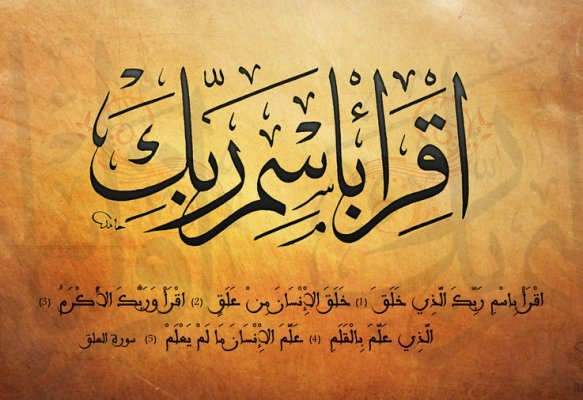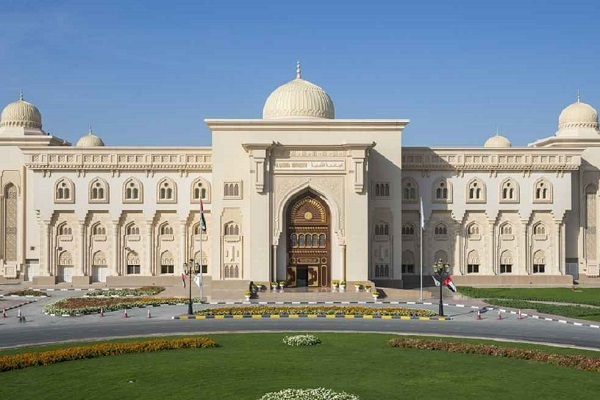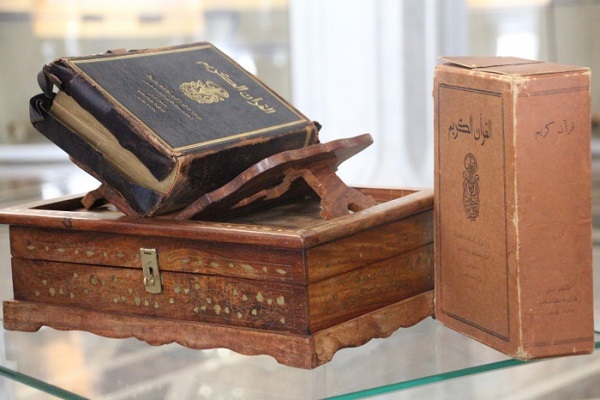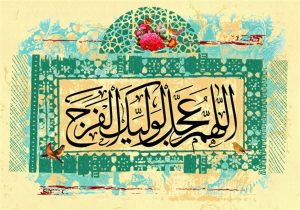According to rahyafte (the missionaries and converts website): In humanity’s social life, there are very few individuals who are pure and free from every sin and wrongdoing. It is because humans are always struggling with the worldly desires.
The conflict between the worldly desires and the honorable human aspirations is always going on and whatever move one makes is the result of this conflict.
So, naturally, one cannot expect all actions of someone to be good and proper.
Everyone has wrongdoings and slips in life to some extent.
The damages of these wrongdoings and slips do not always just affect the person in question but may harm others as well.
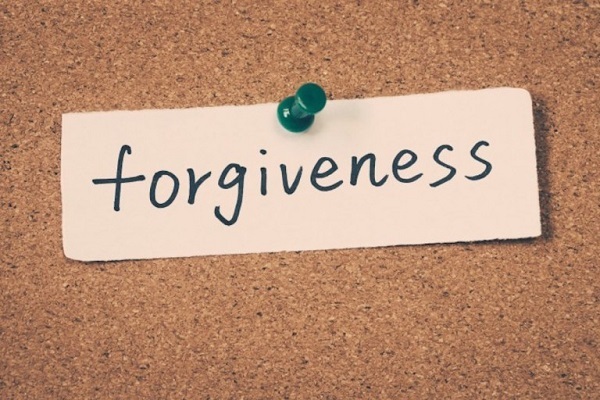
In the educational method that is based on tolerance and forgiveness, the teacher’s mercy and virtues prevent him from scolding and punishing the student as soon as he makes a mistake or does something wrong.
It can be said that the main method used by divine prophets in education was forgiveness and tolerance. This is a Quranic method that is rooted in divine revelation. God describes Himself with attributes like merciful, compassionate and forgiver.
Forgiveness and pardoning is seen in the story of Prophet Moses (AS) mentioned in the Quran.
The Bani Isra’il were a disobedient and obstinate people, but God forgave them despite their unreasonable demands: “…they had asked Moses for things much harder to do than this, by saying, “Show us God in person.” Thunder and lightning struck them because of their unjust demands. Despite all the evidence that had come to them, they started to worship the calf, but We forgave them for their sins and gave Moses clear authority.” (Verse 153 of Surah An-Nisa)
iqna







